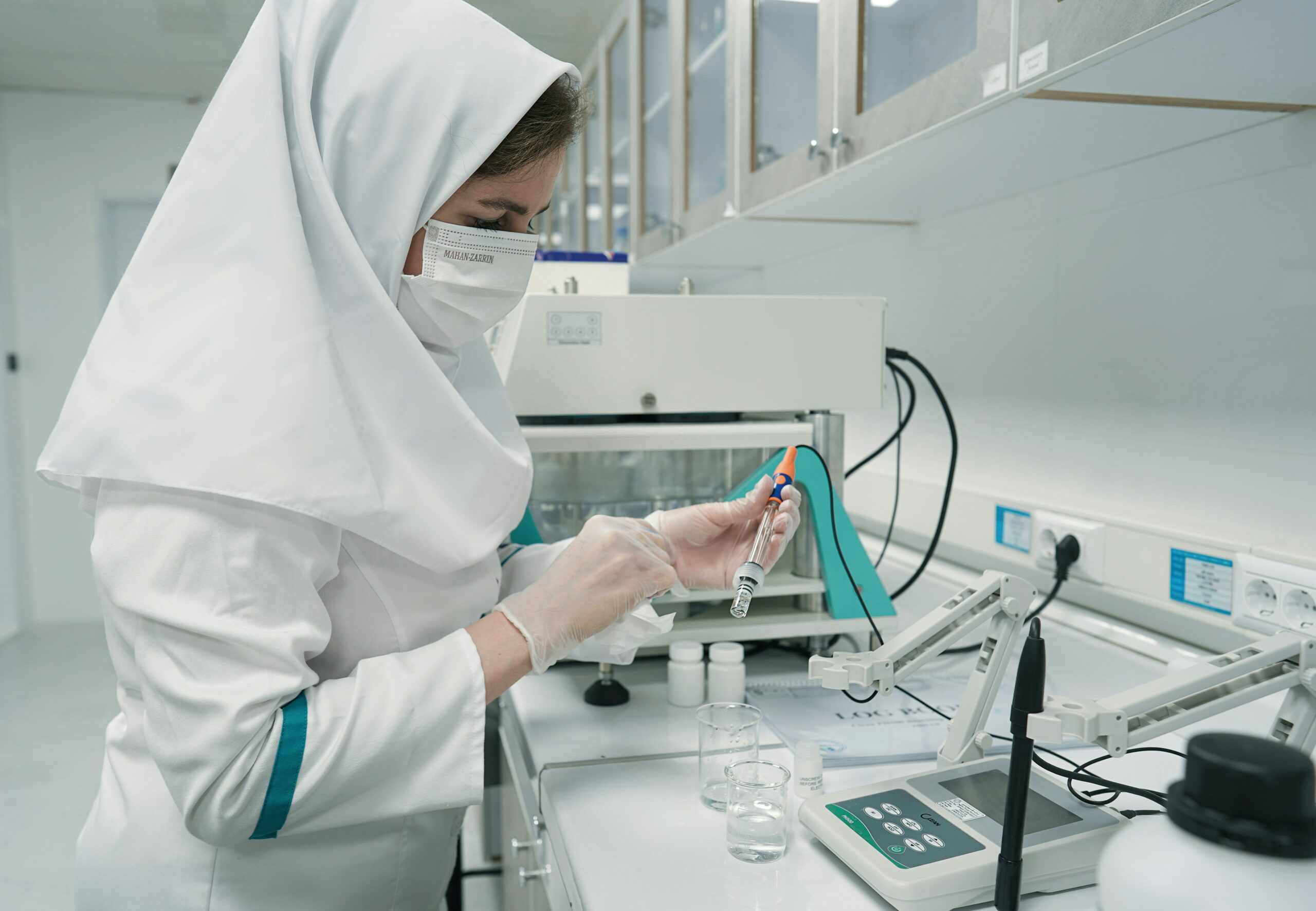
Pharmaceutical engineering plays a crucial role in modern healthcare, serving as a bridge between science, technology, and medicine. It focuses on the design, development, manufacturing, and optimization of processes and systems used in the production of pharmaceuticals. With the growing complexity of diseases and the increasing demand for effective and affordable medications, pharmaceutical engineering solutions have become crucial for ensuring the safe and efficient production of drugs.
Understanding the Scope of Pharmaceutical Engineering
Pharmaceutical engineering is a multidisciplinary field that combines principles from chemical engineering, biomedical engineering, pharmaceutical sciences, and industrial engineering. It addresses the challenges associated with drug development, formulation, production scale-up, quality control, and regulatory compliance. Engineers in this field work to streamline the entire drug manufacturing process, from laboratory research to full-scale commercial production.
One of the primary goals of pharmaceutical engineering is to ensure that medications are produced consistently and meet strict quality standards. This includes controlling the physical and chemical properties of drugs, ensuring uniformity in dosage, and preventing contamination. By applying engineering principles to pharmaceutical processes, companies can reduce waste, increase efficiency, and minimize production costs.
Innovations Transforming Drug Manufacturing
Technological advancements have significantly transformed the field of pharmaceutical engineering over the past few years. Automation and digital technologies are now central to modern drug production. Automated systems enable more precise control over production variables, resulting in improved product consistency and higher yields. These systems also reduce human error and improve overall safety.
Another important innovation is the use of continuous manufacturing techniques. Unlike traditional batch production, continuous manufacturing enables the constant output of pharmaceuticals without interruption. This approach enhances efficiency, reduces downtime, and shortens the time needed to bring new drugs to market. Additionally, it allows for more flexibility in responding to changes in demand.
Pharmaceutical engineers are also exploring the use of advanced materials and nanotechnology. These innovations enable the development of new drug delivery systems that improve the effectiveness of medications and reduce side effects. For instance, nanoparticles can be used to deliver drugs directly to specific areas of the body, thereby enhancing therapeutic outcomes.
Regulatory Compliance and Quality Assurance
Regulatory compliance is a cornerstone of pharmaceutical engineering. Engineers must ensure that all processes comply with guidelines set by regulatory agencies such as the U.S. Food and Drug Administration (FDA). These regulations encompass every aspect of drug production, including facility design, equipment maintenance, handling of raw materials, and product testing.
Quality assurance is closely linked to regulatory compliance. Pharmaceutical engineers implement rigorous quality control measures to verify that each batch of drugs meets established standards. This involves using analytical techniques to test for purity, potency, and stability. Any deviations from the required specifications can lead to serious consequences, including product recalls and legal penalties.
To support compliance and quality, pharmaceutical engineers often use computer-aided design (CAD) and simulation software. These tools help design efficient manufacturing processes and identify potential issues before they become problems. By modeling different scenarios, engineers can optimize workflows and enhance product reliability.
Sustainable Solutions in Pharmaceutical Engineering
Sustainability is becoming an increasingly important consideration in pharmaceutical engineering. The industry is under pressure to reduce its environmental impact while maintaining high levels of productivity and safety. Engineers are responding by developing eco-friendly processes that minimize energy use, reduce waste, and recycle solvents and other materials.
Green chemistry principles are being applied to design safer and more efficient chemical processes. These principles aim to eliminate hazardous substances from drug production and promote the use of renewable resources. Additionally, energy-efficient equipment and innovative technologies are being integrated into pharmaceutical facilities to reduce their carbon footprints.
Water management is another critical aspect of sustainability. Pharmaceutical manufacturing often requires large amounts of water for cleaning and processing. Engineers are developing systems that reuse water and reduce overall consumption without compromising hygiene or product quality.
Meeting Future Challenges with Engineering Excellence
As healthcare needs continue to evolve, pharmaceutical engineering will play a vital role in meeting new challenges. The COVID-19 pandemic highlighted the importance of rapid drug development and the ability to scale up production quickly. Pharmaceutical engineers played a crucial role in designing the processes and facilities necessary to produce vaccines on a global scale in record time.
Looking ahead, personalized medicine is expected to drive demand for more flexible and adaptive manufacturing systems. Pharmaceutical engineering solutions will need to support the production of customized therapies that cater to the individual needs of patients. This will require advances in automation, data analytics, and process control.
Moreover, globalization and supply chain complexity will necessitate the development of robust systems that can maintain quality and consistency across diverse geographic locations. They will also need to address issues related to cybersecurity and data integrity in an increasingly digital production environment.
Pharmaceutical engineering solutions are essential for ensuring the safe, efficient, and sustainable production of medications. By integrating cutting-edge technology with scientific expertise, pharmaceutical engineers help bring life-saving drugs to market while maintaining the highest standards of quality and safety. As the healthcare landscape continues to evolve, this field will remain at the forefront of innovation, shaping the future of medicine and enhancing the lives of millions worldwide.